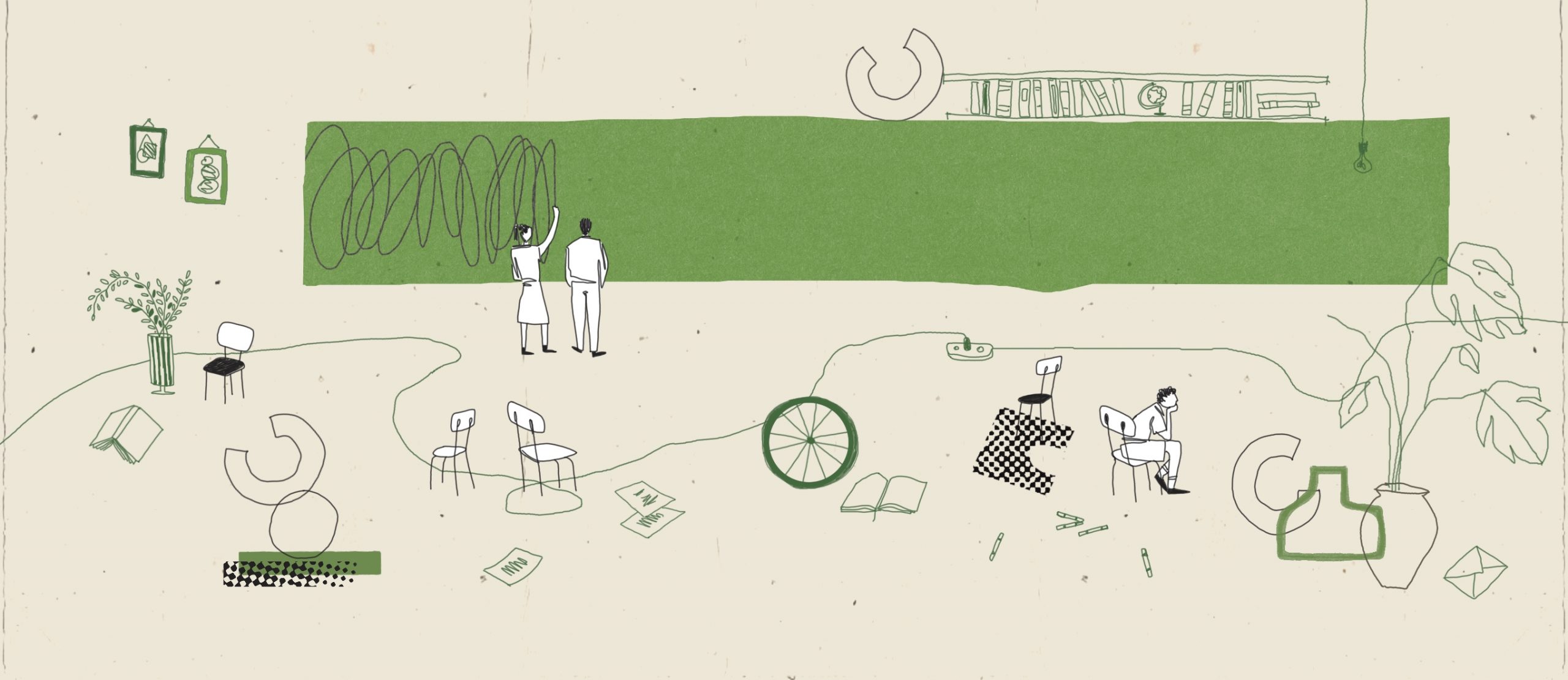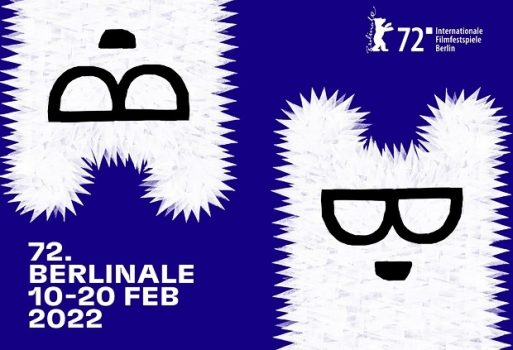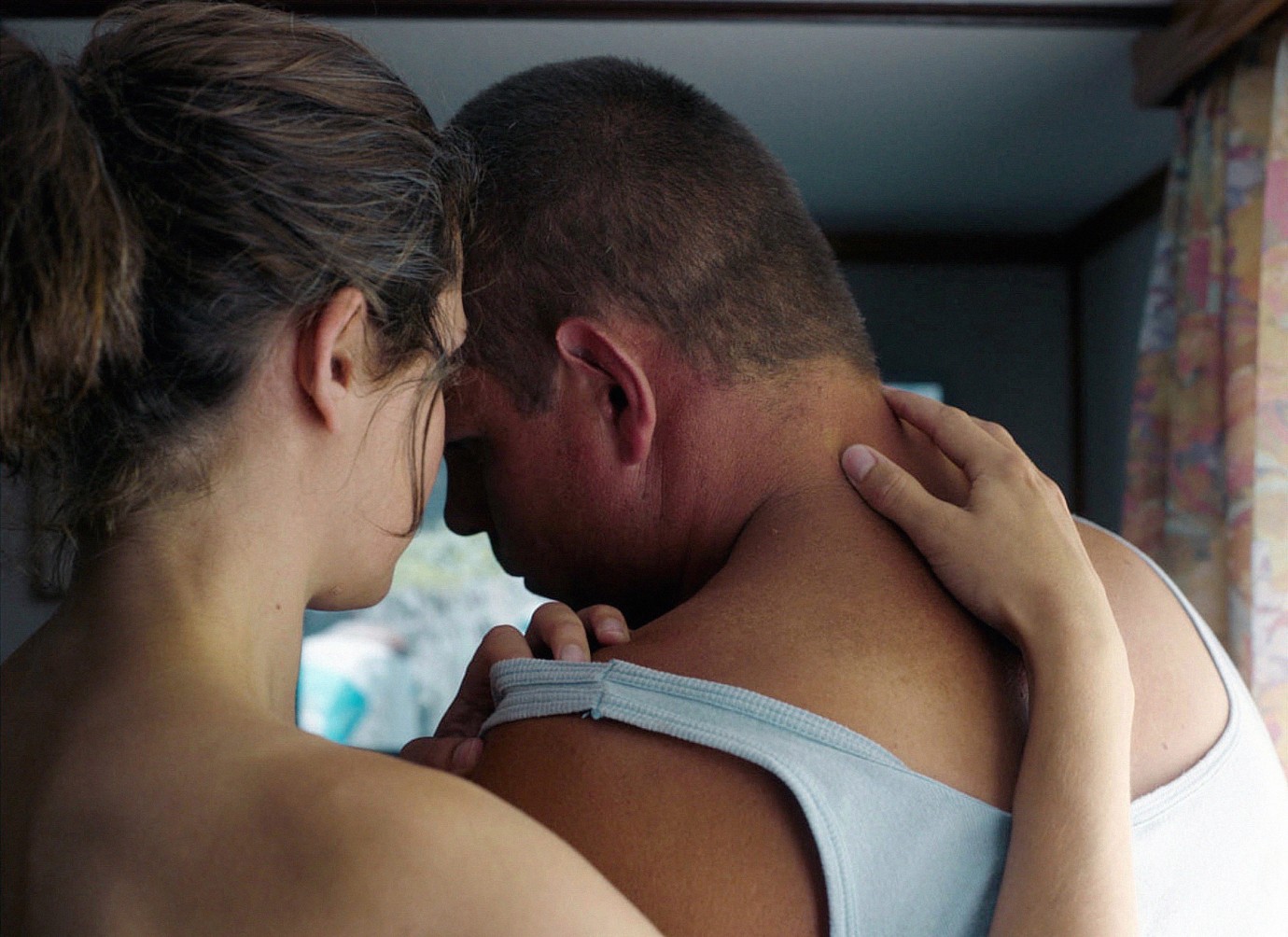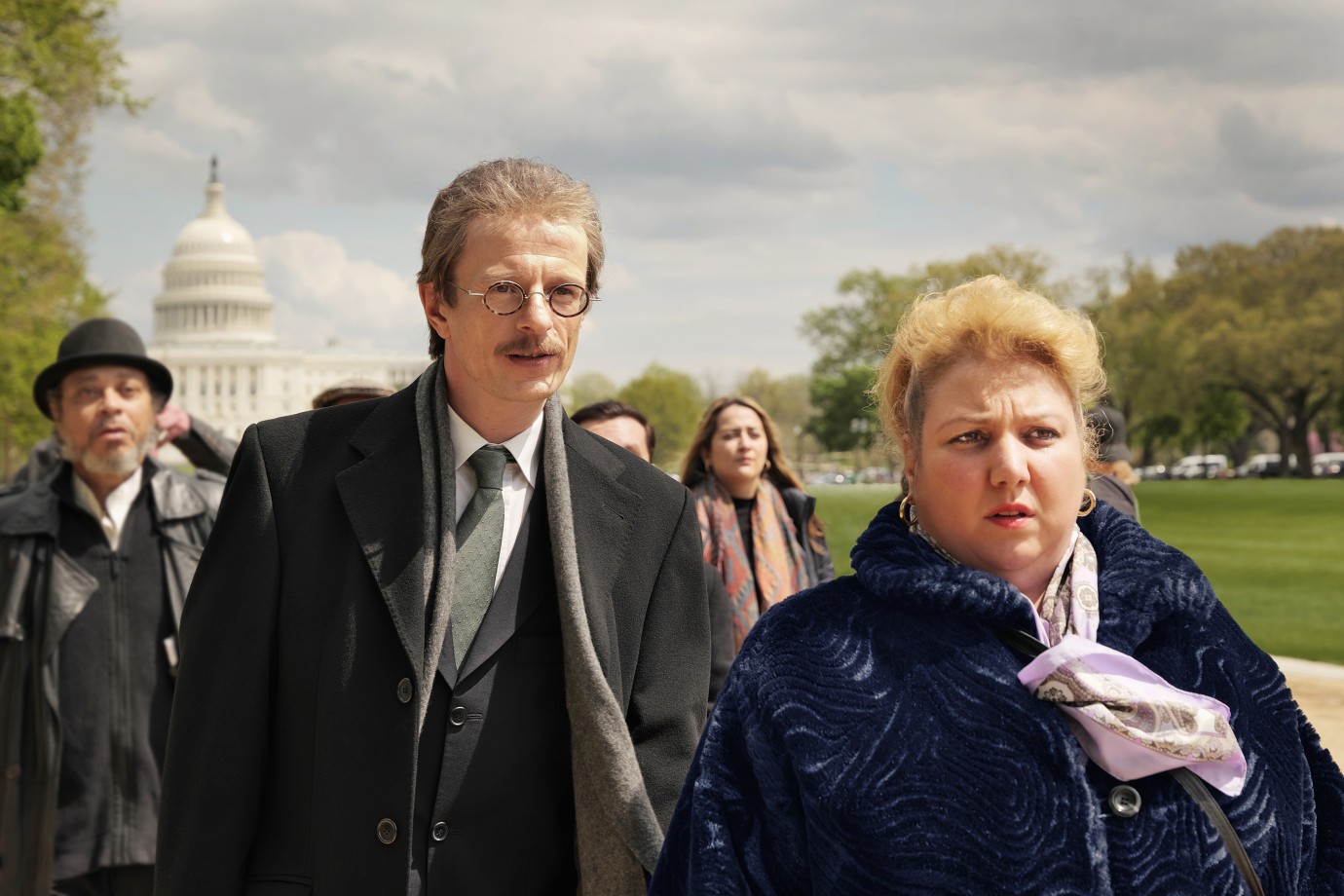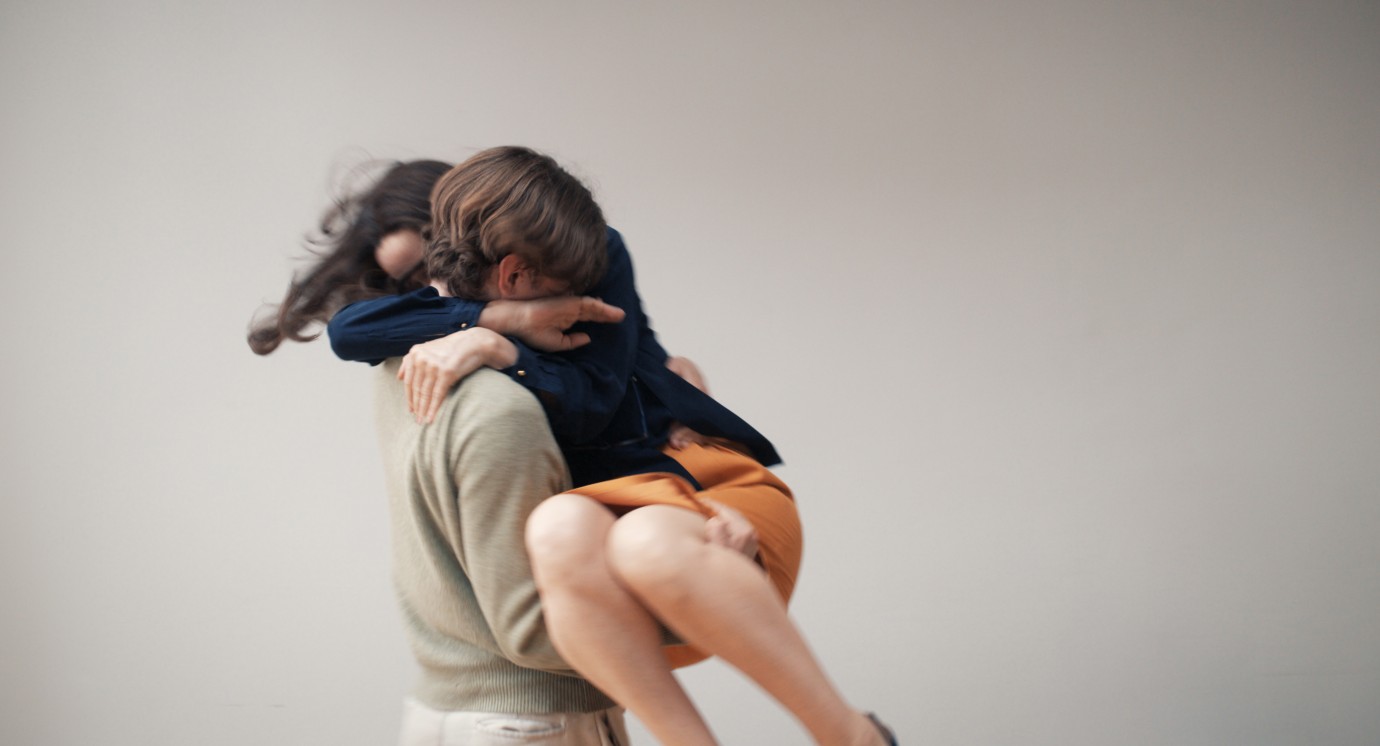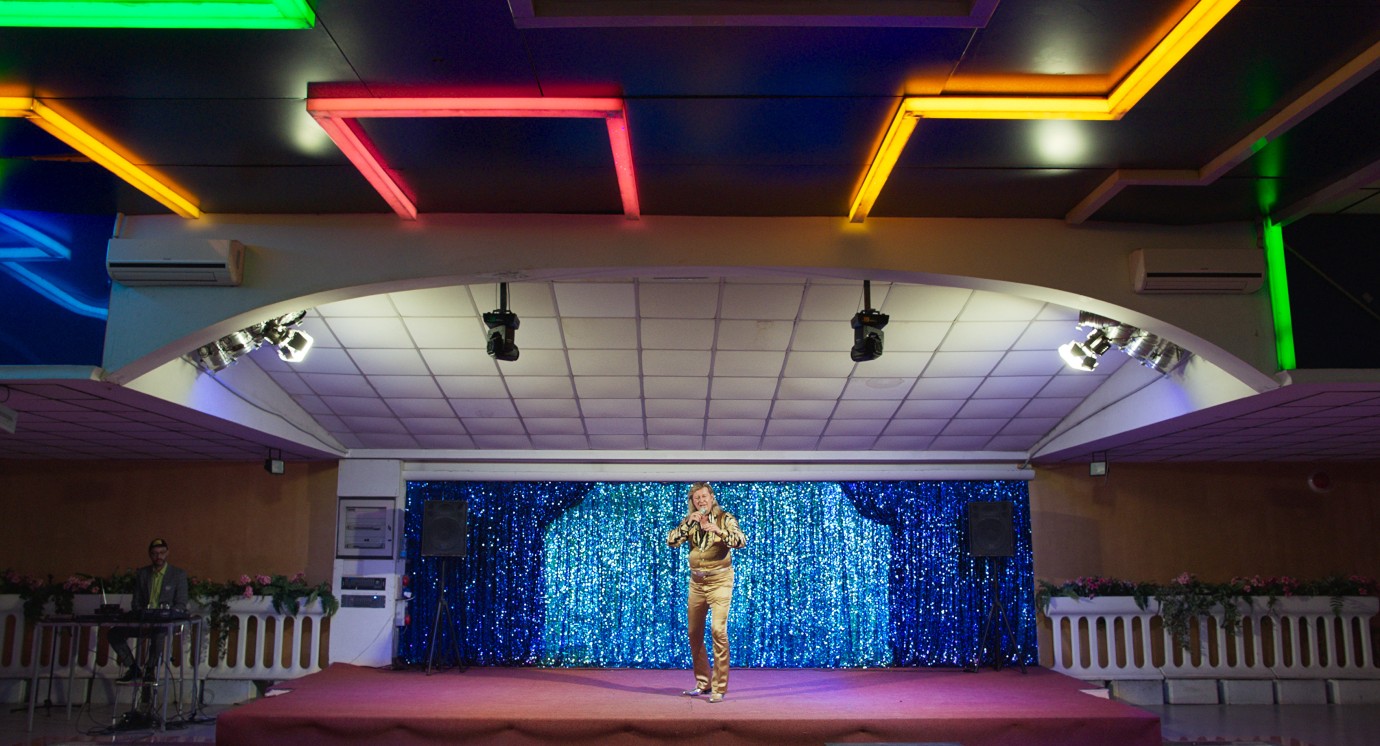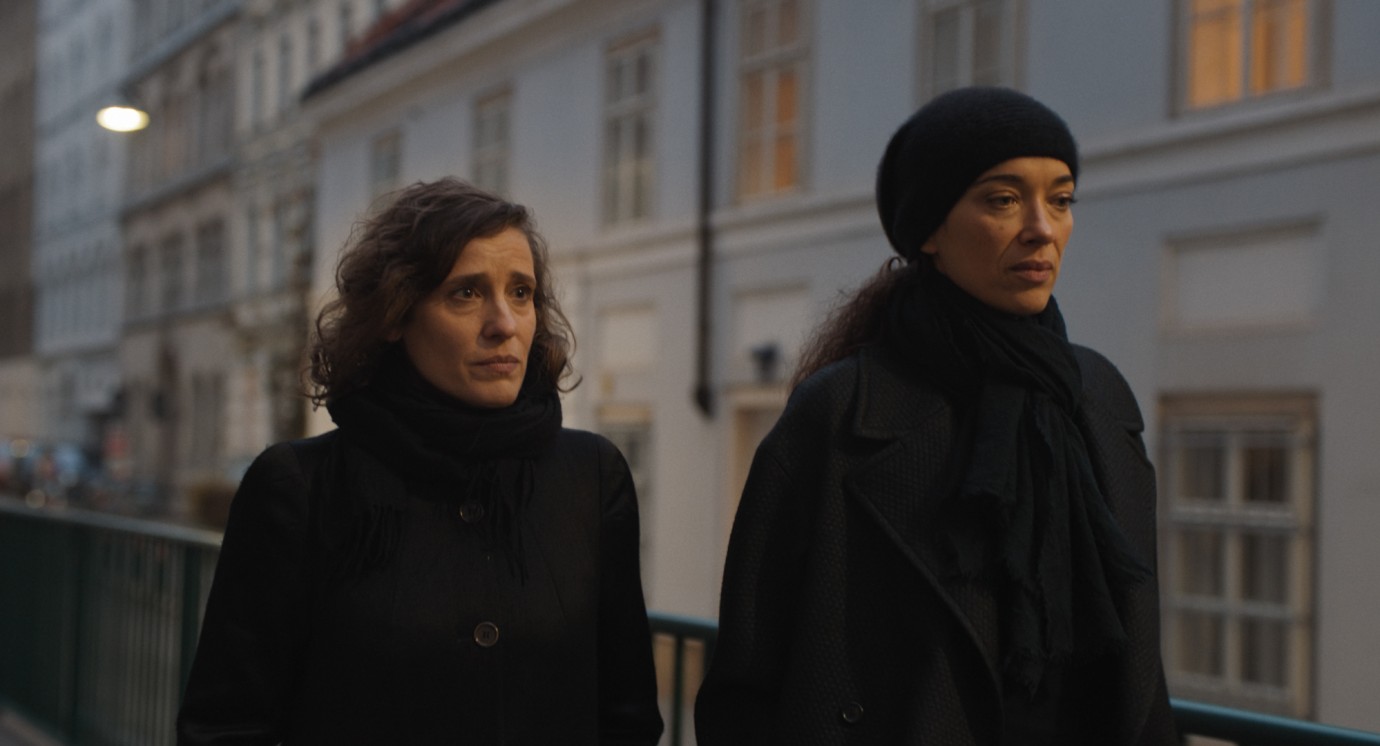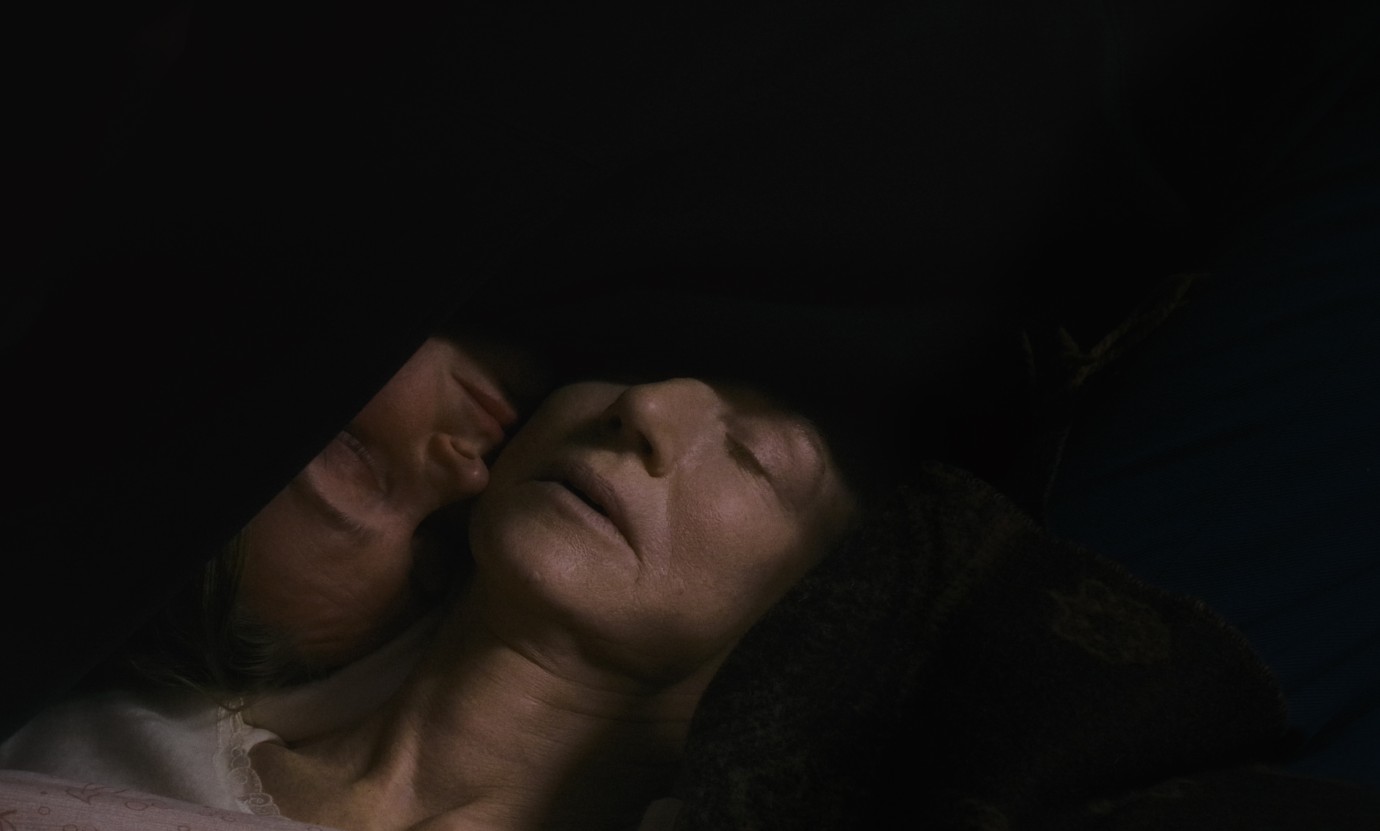The bear is almost back…
Review by Sona Karapoghosyan
When the festivals scheduled for January 2022 started to move to online dimension, the hopes of having physical festivals once again faded away. Previously, film community had their hopes up after some successful cases last summer and autumn: Cannes, Locarno, Venice had happened on site and welcomed international guests.
After the announcements by Sundance and Rotterdam about the next online editions in January, the sad assurance appeared in the air that Berlinale “will not take place”. Meanwhile in mid-January, the management of the festival made an almost unbelievable statement- physical Berlinale preparations are on and on the scheduled February dates the festival will host its guests. Only the amount of the days were cut, instead of 10 film days, we would have 7, and the next week would be designed for the Berlin citizens to come and see films in the cinemas. The European Film Market though, would happen online. This decision was a direct result of many compromises and sacrifice. First of all, having market online would become another huge blow to the financial situation. In the previous months the market booths were actively promoted (an average booth costs from 2000 to 3000 Euros), and I believe, well-sold, also, market accreditation price is around 300 Euros. After this decision, the money should have been refunded. The organizers tried to find an alternative solution for the professionals with Market accreditation- they were suggested to change the accreditation to “Festival Accreditation”, pay much less and have an opportunity to attend screenings. Some might find this offer a bit controversial, “market is not happening” to lessen the human flow, but the same flow was not feared when these people are festival accredited.
Another condition that was accepted by the festival management in the name of the physical festival, concerned the prevention of the spread of COVID-19. German restrictions known as one of the strictest in Europe, were even more tough in the frames of the festival. Even boostered film critics and journalists needed to pass an antigen test every day (the rule did not apply to other professionals), because the admission to cinema was not possible without a negative test. Only 50% of the each cinema hall was used meaning that viewers were not allowed to sit next to each other. The festival management had a solution for these too- the buses parked at the cinema entrance were serving us testing centers and were sending the results in 15 minutes. Also, the same film was being screening in 6 halls parallelly, thus making enough space for everyone interested in the film. You could book the tickets every morning at 7:30 am, and would get a fixed seat and avoid possible queues. The new rules were extremely useful also for the coats and bags, each spectator had a free seat next to them for the belongings. Despite these sacrifices, complications and anti-utopian rules, the Berlinale team managed to organize a smooth and calm festival when finally it was possible to go to cinemas and endlessly watch films.
***
The program of the festival included several German or German language films that were co-produced by Austria, Switzerland, etc. The main competition presented three German films, and the film by Swiss director Michael Koch, A piece of sky, was the fourth German-language film. Out of time, hidden among the mythical mountains the love story of the characters starts that is going to be very far from the ideal. The enormous rock reappearing in the screening serves as a premonition of the upcoming barrier that will appear between the couple, which, alas, will not be possible to overcome.
On the other hand, Turkish-German immigrant Rabiya Kurnaz was not fearing unpassable barriers and was ready to sue the USA government to free his son imprisoned in Guantanamo. This was the topic of the recent film by Andreas Dresen, Rabiye Kurnaz Vs. George W. Bush, for which the leading actress, Meltem Kaptan received a Silver Bear for acting. In opposite to the political topic and the importance of the event, Dresen has chosen the style of colorful comedy where we see cliché characters and acting, loud speech and too much food, sometimes even tears.
The same description would apply to A.E.I.O.U, a drama by Nicolette Krebitz, that was raising the topic of aging or “not anymore famous” actors, and especially actresses who had been left alone in their bohemian apartments, wrapped in the memories of the past glory. In this case also, the director made a light and favorable film through turning it into a beautiful and adventurous love story.
Aging but never losing love for life, self-centered and grotesque character was in the center of the recent film by Ulrich Seidl, Rimini, set in the hometown of Fellini. This film is probably the most empathetic one in Seidl filmography, full of black humor and contempt. Wearing tight and shiny costumes, Ritchie Bravo does small musical performances and drives crazy 60-year-old Italian women, sometimes he does not mind to satisfy them sexually, but also, he steals their jewelry and wallets. Soon, Ritchie has to reconsider his self-centered routine when his daughter shows up in his life.
Ulrich Seidl was presented in the festival with the second film as well, this time in the “Encounters” section. In the first feature by Kurdish Kurdwin Ayub, Sonne, he was involved as a producer. Sonne that quickly became one of the most favored films of the festival audience, was telling the story of an Vienna-based Kurdish teenager who wakes up famous after posting musical video made with friends. Set somewhere on the edge of fiction and documentary, this witty film talks about the clash of two cultures, discusses the stigmatized notions of womanhood and the importance of these barriers to be overcome.
Gastón Solnicki’s A little love package differed from all the films discussed above. Imbued with sadness, yearning for past and memories, the events of the film take place in 2018, when the Austrian government officially banned smoking in public location. Thus ended the era of Austrian coffee houses (Kaffeehaus). This beautiful tribute to the coffee house culture is also a story of spiritual and physical journey to find home and the real belonging.
***
The Encounters program also included other german-language films, such as The death of my mother, Axiom and Mutzenbacker.

